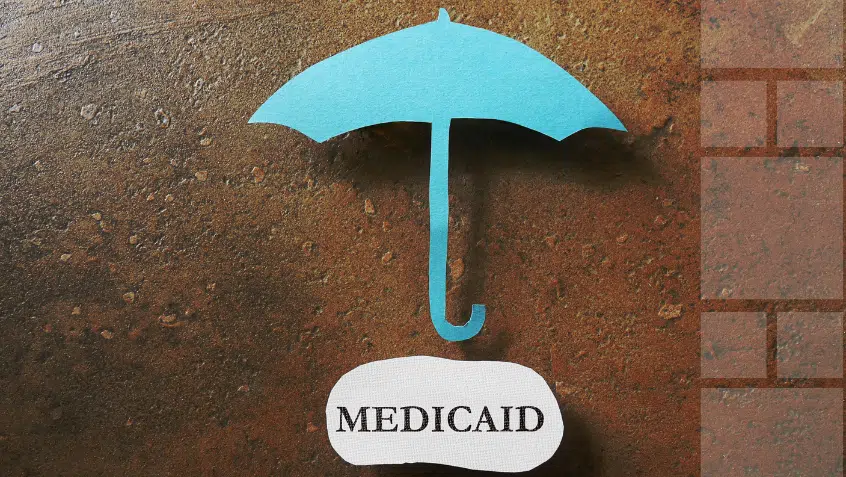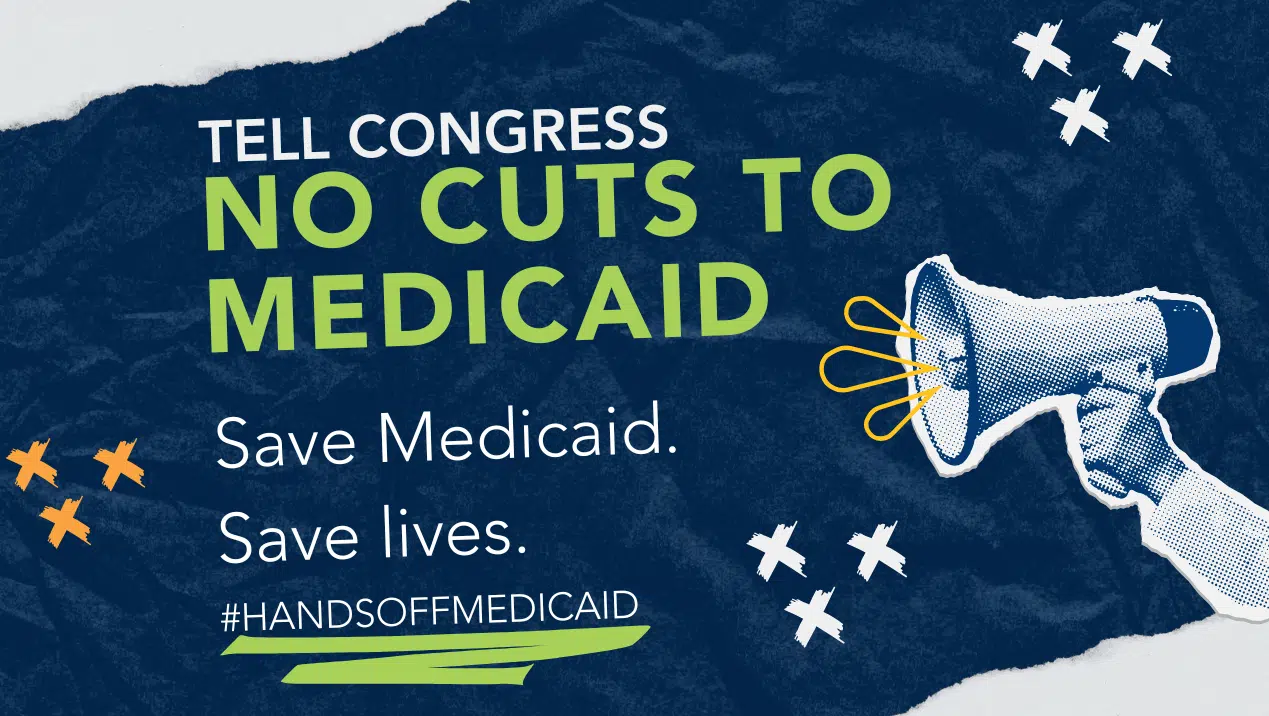Take Action: Tell your senators to reject harmful cuts to health care!
Kaiser Family Foundation Analyzes Health Care Expansion Proposals

As policymakers debate next steps for expanding health insurance coverage and lowering health costs, some have introduced legislation that would broaden the role of public programs, such as Medicare and Medicaid. In light of recent characterizations of such proposals, the Kaiser Family Foundation (KFF) assessment of what these bills do (and do not do) is particularly important.
In the past two years, eight proposals were introduced, ranging from bills that would create a new national health insurance program for all U.S. residents, replacing virtually all other sources of public and private insurance (Medicare-for-All), to more incremental approaches that would create a new public plan option as a supplement to private sources of coverage and public programs.
KFF analyzed these eight legislative proposals, highlighting the implications for consumers, health care providers and payers, employers, states, the federal government, and taxpayers. Key policy differences relate to eligibility, the size and scope of the public plan, covered benefits and cost sharing, premiums, subsidies for premium and cost sharing, cost containment strategies, and the likely interactions with current public programs and private sources of coverage.
The proposals also vary in their level of detail; some bills, according to their sponsors, are intended to serve as blueprints for reform, and are expected to include greater specificity over time. Although these bills are unlikely to advance in the current Congressional session; they illustrate the range of options that will likely serve as prototypes for legislation that may introduced in the future.
The public plan proposals fall into four general categories:
- Two proposals would create Medicare-For-All, a single national health insurance program for all U.S. residents. (Sen. Sanders, S.1804; Rep. Ellison, H.R. 676);
- Three proposals would create a new public plan option, based on Medicare, that would be offered to individuals and some or all employers through the Affordable Care Act marketplace. (The Choice Act by Rep. Schakowsky, H.R. 635, and Sen. Whitehouse, S. 194); The Medicare-X Choice Act by Sen. Bennett, S. 1970, and Rep. Higgins, H.R.4094; and the Choose Medicare Act by Sen. Merkley, S. 2708 and Rep. Richmond, H.R. 6117);
- Two proposals would create a Medicare buy-in option for older individuals not yet eligible for the current Medicare program. (Sen. Stabenow, S. 1742; Rep. Higgins, H.R. 3748); and
- One proposal would create a Medicaid buy-in option that states can elect to offer to individuals through the ACA marketplace. (Sen Schatz, S. 2001 and Rep. Luján, H.R. 4129).
Read the KFF issue brief for more information about each of these proposals.
Show Comments
Help Us Protect & Strengthen Medicare.
Donate today and make a lasting impact.
The Latest
Most Read
Add Medicare to Your Inbox
Sign up to receive Medicare news, policy developments, and other useful updates from the Medicare Rights.
View this profile on InstagramMedicare Rights Center (@medicarerights) • Instagram photos and videos









